Helping a timid cat become more social is an art that requires patience, love, and understanding. Cats, much like humans, have unique personalities. Some cats are naturally outgoing, while others may be more reserved or fearful. If you have a shy feline friend, don’t worry. There are numerous ways to gently coax them out of their shell and help them feel more comfortable and confident.
Understanding Your Cat’s Personality
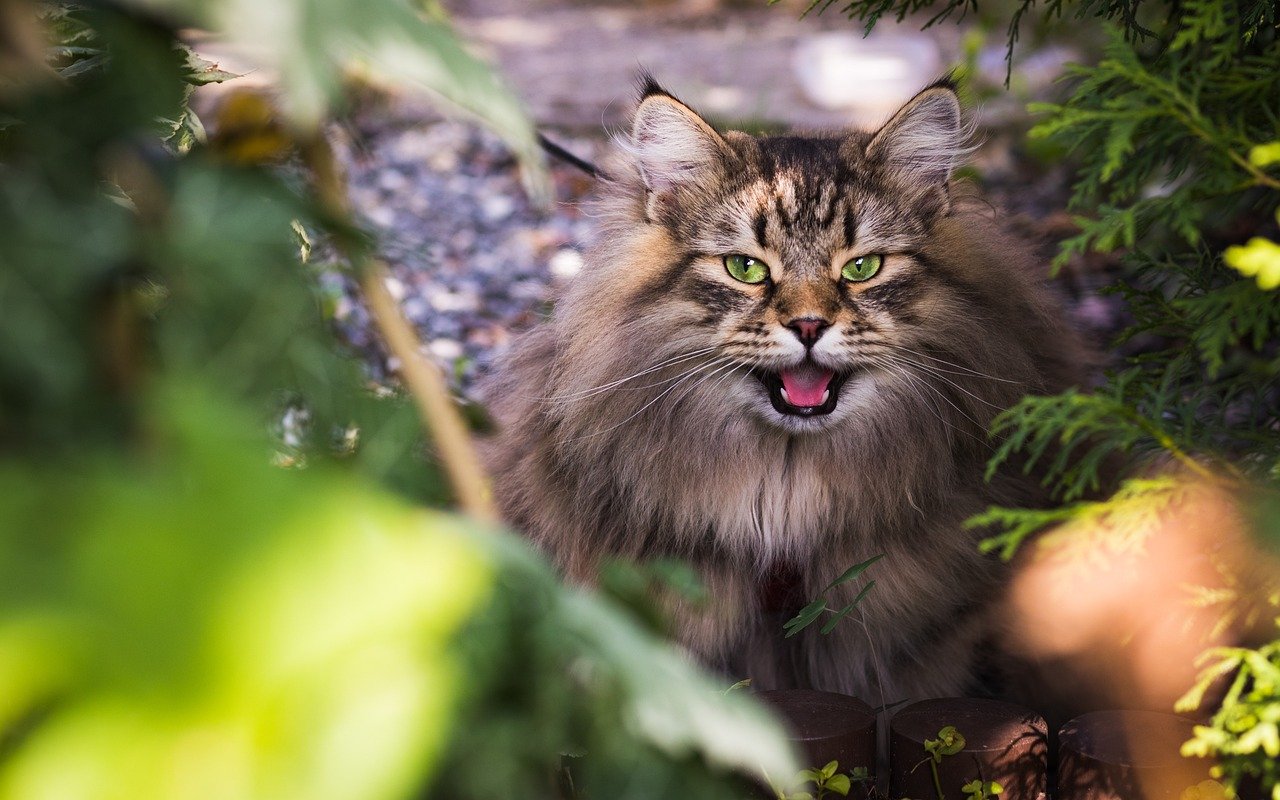
Before you can help your timid cat become more social, it’s essential to understand their personality. Cats, like people, have different temperaments, and recognizing your cat’s unique traits can guide you in helping them grow. Observe your cat’s behavior in various situations. Do they hide when guests arrive or shy away from loud noises? Understanding these nuances can provide invaluable insights into their world. By acknowledging their personality, you can tailor your approach to suit their specific needs.
Creating a Safe Environment
A timid cat needs a sanctuary where they feel safe and secure. This space can be a cozy corner with a soft bed or a quiet room away from bustling activity. Consider using calming colors and textures that your cat finds soothing. A safe environment serves as a retreat where your cat can relax without fear. This haven is not only a physical space but also an emotional one, where they can unwind and feel protected.
Establishing Trust with Consistent Routine
Cats thrive on routine, and a consistent schedule can help a timid cat feel more secure. Feed them at the same time each day, and try to maintain a predictable daily routine. This consistency builds trust, as your cat will learn to anticipate what comes next. Over time, this trust can make them more open to social interaction. A routine offers stability, which is crucial for a timid cat learning to navigate their world.
Using Gentle Interaction Techniques

Interacting with a timid cat requires a gentle touch. Approach them slowly and speak in a soft, reassuring voice. Avoid making sudden movements or loud noises that might startle them. When petting, try to focus on areas they find comforting, such as the head or back, rather than sensitive areas like the belly. Gentle interaction helps build a positive association with human touch.
Introducing Play as a Social Tool
Playtime can be an excellent way to encourage socialization in a timid cat. Use toys that mimic prey, like feather wands or small balls, to engage their natural hunting instincts. Play not only provides physical exercise but also mental stimulation, making your cat more confident. As they become more comfortable with play, you’ll notice them slowly emerging from their shell, ready to explore the world around them.
Utilizing Treats and Positive Reinforcement

Treats can be a powerful tool in helping a timid cat become more social. Offer treats as a reward for positive social behavior, such as coming out of hiding or approaching you voluntarily. This positive reinforcement encourages them to repeat these actions. Over time, they’ll associate social interaction with positive outcomes, making them more willing to engage.
Building Confidence Through Exploration
Encouraging your timid cat to explore their environment can boost their confidence. Provide them with opportunities to discover new places within your home, such as climbing trees or window perches. Exploration allows them to become familiar with their surroundings at their own pace, reducing fear and anxiety. As they gain confidence in their environment, they will likely become more open to social interactions.
Respecting Personal Space
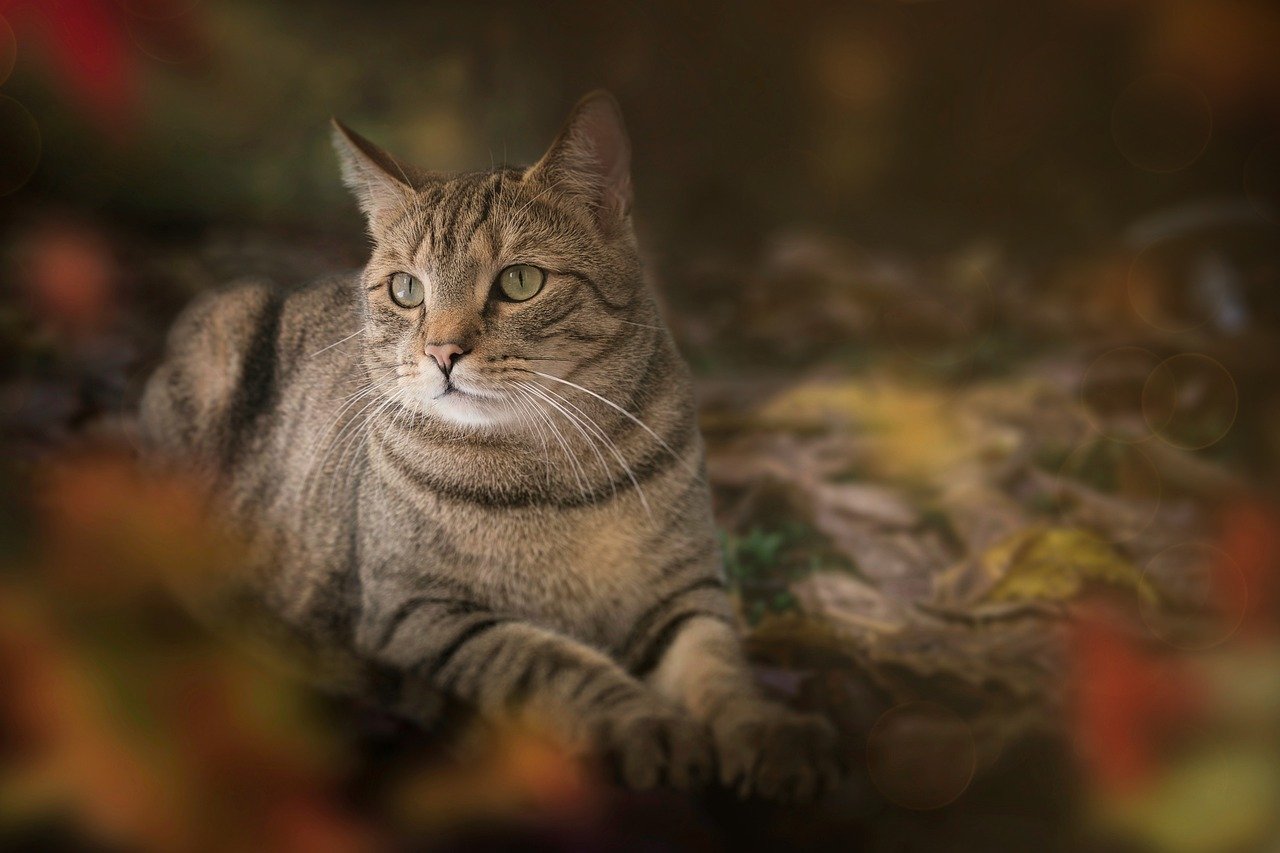
Respecting your cat’s personal space is crucial in helping them feel comfortable. Allow them to approach you on their terms, rather than forcing interaction. If they choose to hide, give them the freedom to do so without pressure. By respecting their boundaries, you’re showing them that their feelings are valid, which builds trust and paves the way for future socialization.
Introducing New People Gradually

When it comes to introducing your timid cat to new people, patience is key. Gradual introductions can prevent overwhelming them. Start by allowing your cat to observe new people from a distance, giving them time to adjust. Encourage your guests to speak softly and move slowly. As your cat becomes more comfortable, they may begin to approach on their own terms.
Using Calming Aids if Necessary
In some cases, calming aids can be beneficial for a timid cat. Products like pheromone diffusers or calming sprays can create a soothing environment. These aids mimic natural calming signals and can help reduce anxiety. While not a cure-all, they can be a useful supplement to other socialization efforts, providing an extra layer of comfort.
Providing Enrichment Activities
Enrichment activities can stimulate your timid cat both mentally and physically. Puzzle toys, interactive feeders, and scent trails are great ways to engage their senses. These activities not only provide entertainment but also build confidence as your cat masters new challenges. Enrichment enriches their daily routine, making them more curious and open to socializing.
Allowing Time for Adjustment
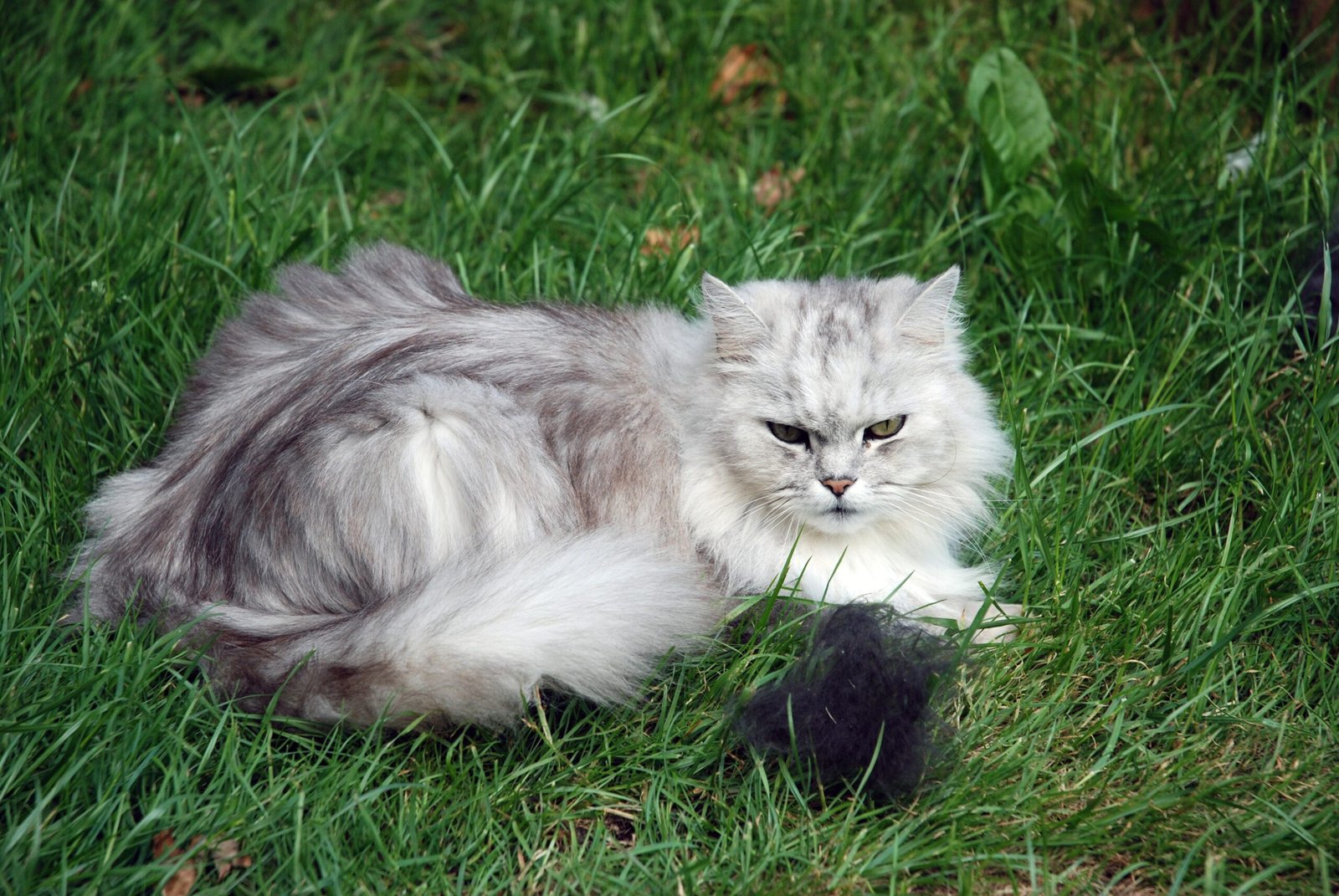
Every cat is different, and some may take longer than others to become more social. Allow your timid cat the time they need to adjust at their own pace. Pushing them too quickly can lead to setbacks, so patience is essential. Celebrate small victories and progress, knowing that each step forward is significant.
Understanding Body Language
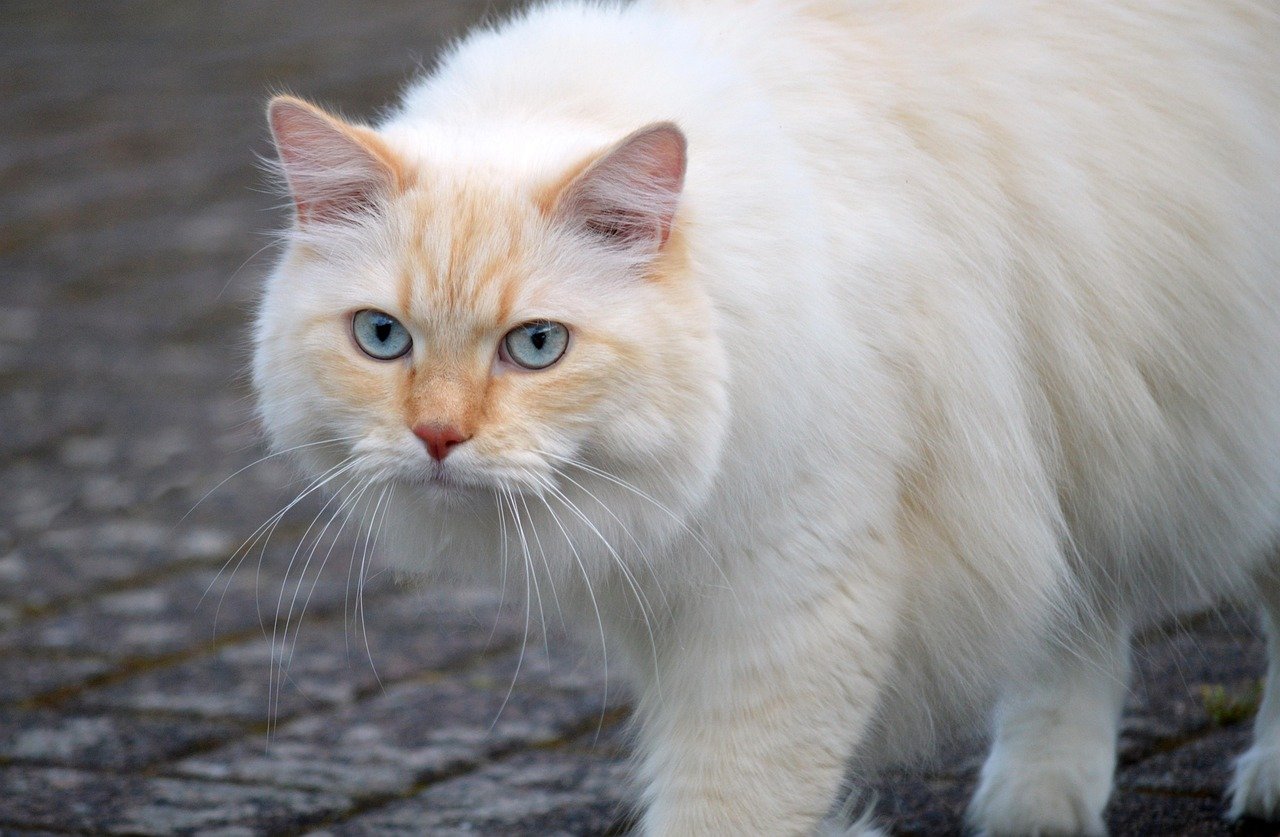
Being attuned to your cat’s body language can help you gauge their comfort level. Look for signs such as a relaxed posture, purring, or slow blinking, which indicate contentment. Conversely, a tense body, flattened ears, or a flicking tail may signal discomfort. Understanding these cues allows you to respond appropriately and adjust your approach as needed.
Building a Bond Through Regular Grooming

Regular grooming sessions can strengthen the bond between you and your timid cat. Brushing them gently not only helps maintain their coat but also provides an opportunity for positive interaction. Many cats find grooming soothing, and it can be a way to build trust and familiarity. Over time, these sessions can become a cherished routine.
Encouraging Socialization with Other Pets

If you have other pets, encouraging socialization between them can help your timid cat become more comfortable. Monitor their interactions closely and ensure that they remain positive. Gradual introductions and supervised play can foster friendships and reduce fear. A feline friend can also serve as a role model, showing your timid cat that socializing can be enjoyable.
Offering Reassurance During Stressful Situations
Stressful situations, such as vet visits or changes in the household, can be challenging for a timid cat. Offer reassurance by remaining calm and providing comfort items like a favorite blanket or toy. Your presence can be a source of stability, helping them navigate these situations with less anxiety. Reassurance during stress builds resilience and trust.
Observing Progress and Adjusting Strategies
As your timid cat becomes more social, observe their progress and adjust your strategies accordingly. What works for one cat may not work for another, so flexibility is key. Be open to trying new approaches and remain patient. Celebrate each milestone and continue building on the foundation you’ve established.
Seeking Professional Help When Needed
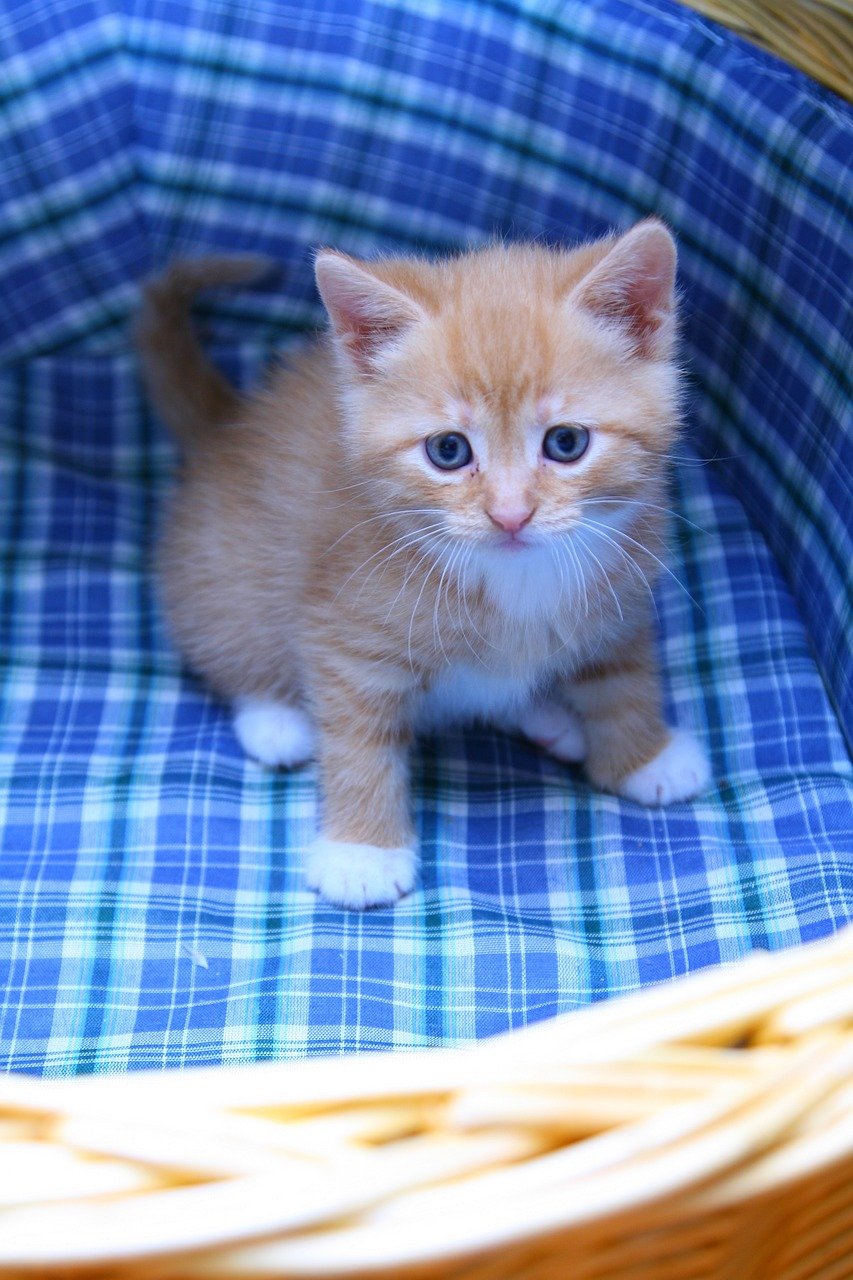
Sometimes, despite your best efforts, a timid cat may need professional help. Consulting a veterinarian or animal behaviorist can provide additional insights and strategies. These experts can offer tailored advice based on your cat’s specific needs. Seeking professional help is a proactive step in ensuring your cat’s well-being and happiness.
Fostering a Lifelong Journey
Helping a timid cat become more social is a lifelong journey, not a destination. Continue nurturing their confidence and providing a loving environment. Each day presents new opportunities for growth and connection. Embrace the journey with patience and love, knowing that your efforts make a meaningful difference in their life.
Hi, I’m Bola, a passionate writer and creative strategist with a knack for crafting compelling content that educates, inspires, and connects. Over the years, I’ve honed my skills across various writing fields, including content creation, copywriting, online course development, and video scriptwriting.
When I’m not at my desk, you’ll find me exploring new ideas, reading books, or brainstorming creative ways to solve challenges. I believe that words have the power to transform, and I’m here to help you leverage that power for success.
Thanks for stopping by, Keep coming to this website to checkout new articles form me. You’d always love it!






